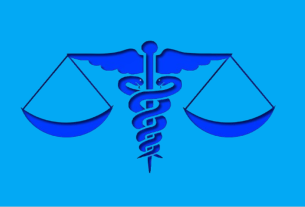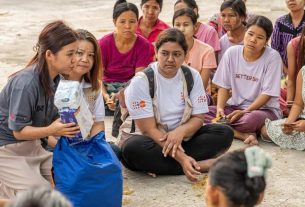Nearly 400 healthcare providers in two dozen countries participated
A total of 381 healthcare providers in two dozen countries, including five Muslims in Israel, took part in the study. Overall, they had a good understanding of the topic, but there were some topics about which they were not as knowledgeable, especially about what goes into medicines and other options that align with the principles of halal.
When it came to their feelings and thoughts, most were positive or did not have strong opinions, although this varied depending on their job. Pharmacists tended to know more than doctors and nurses. They got information from different places, such as schools, colleagues, religious texts, and the Internet.
Certain characteristics, including age, marital status, religion, education, insurance, where they worked, and how long they had been in the field, all had an impact on how much they knew and what they thought.
“It is important to provide education that’s personalized to fill in the gaps in knowledge, encourage positive attitudes, and ensure healthcare related to halal medicines is culturally sensitive,” the researchers wrote. “By using different sources of information and customizing education based on things like age, gender, and background, we can help people understand better. The knowledge can help address worries among patients and consumers.
Healthcare providers can also better meet the needs of all kinds of patients and offer medicines that are safe and follow halal guidelines. It’s also crucial to look into what patients think and if they’re willing to pay for halal medicines so everyone can access the care they need.”



